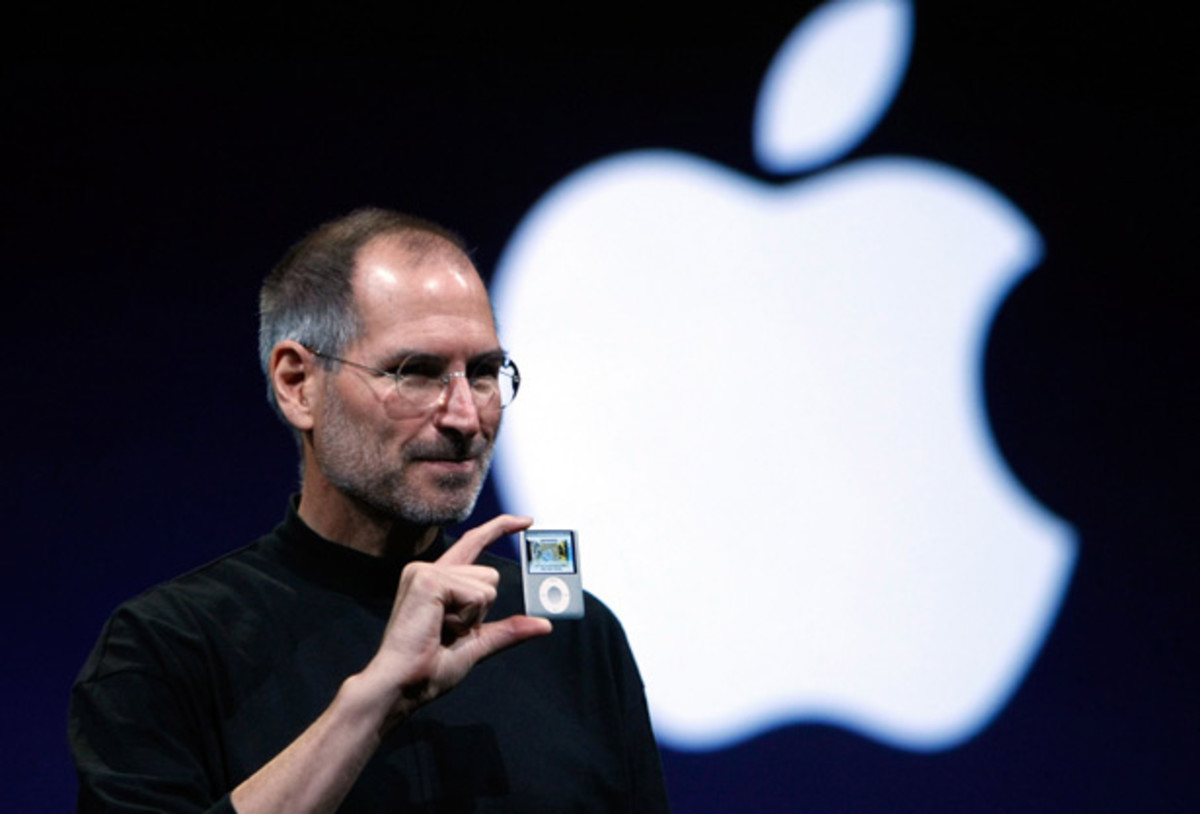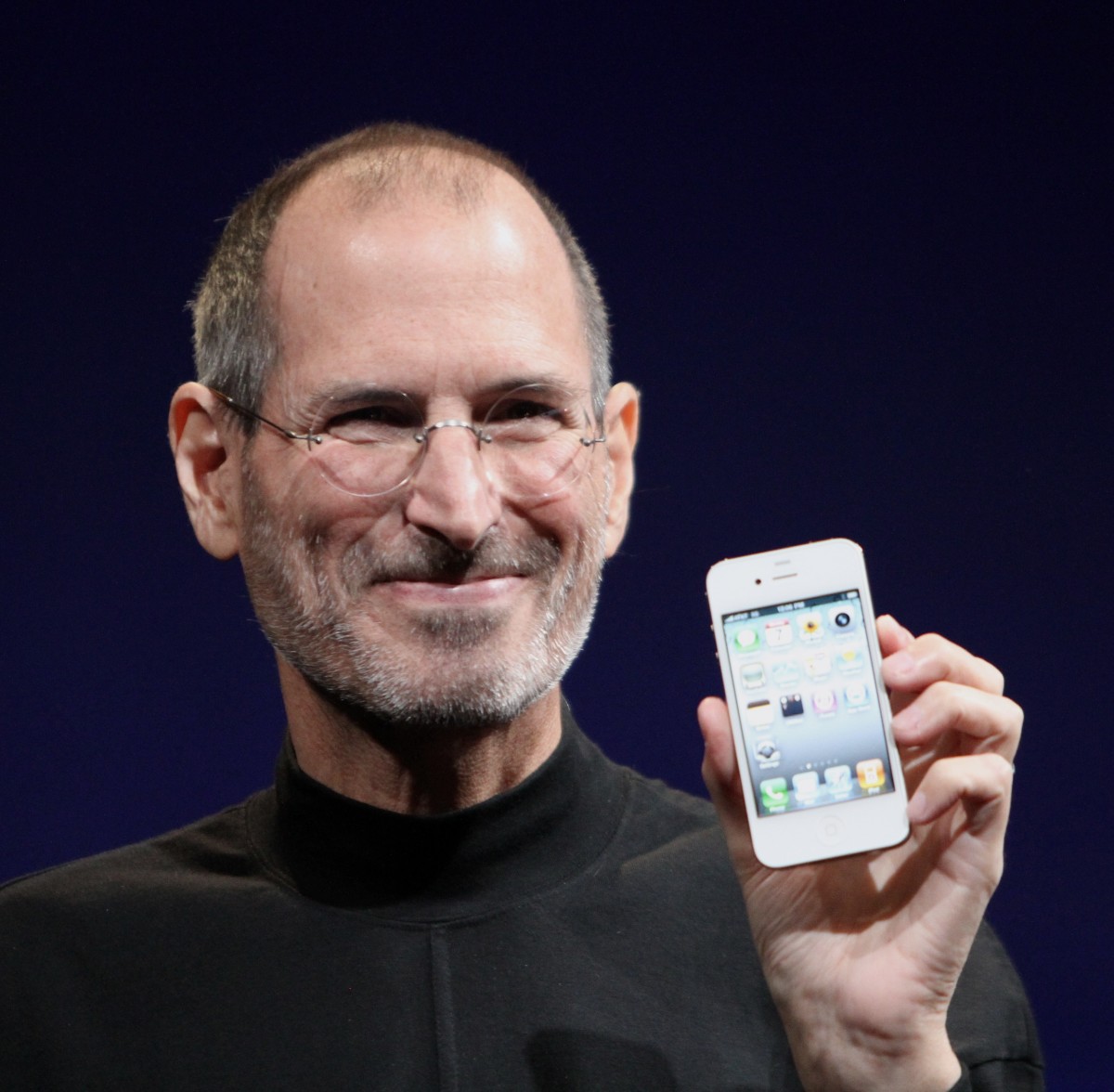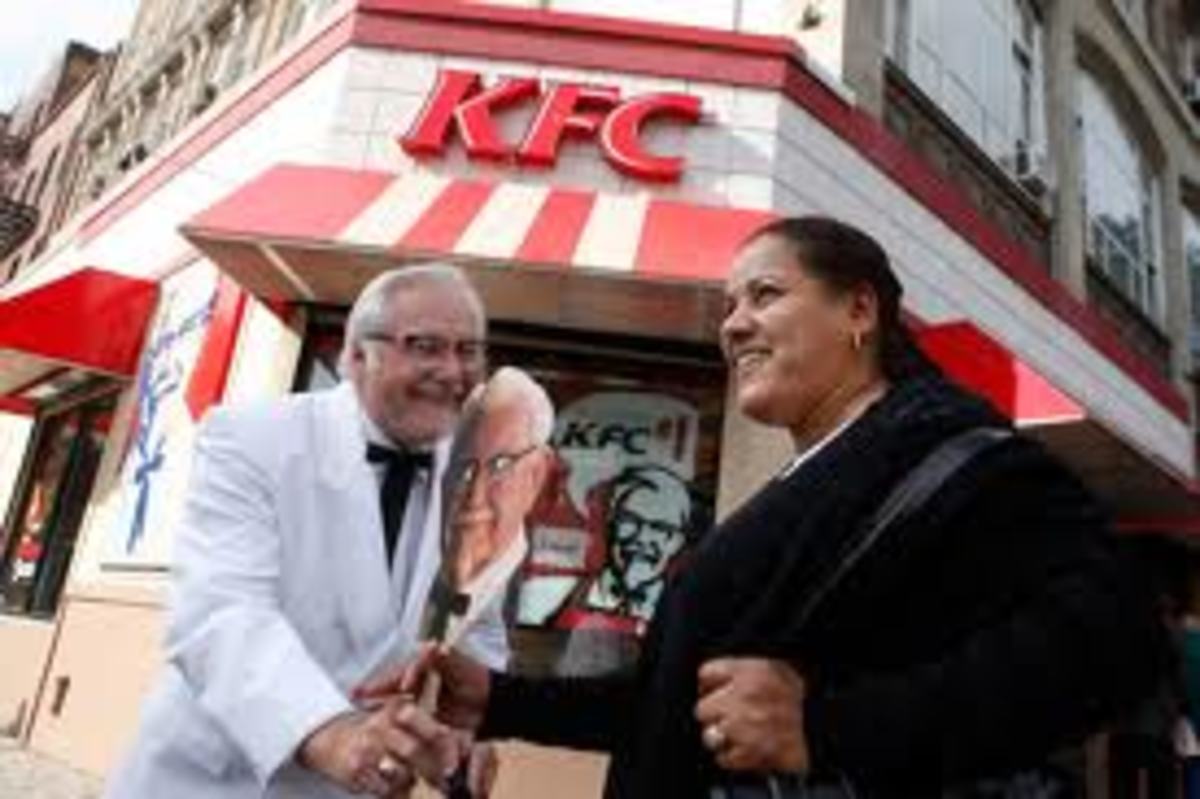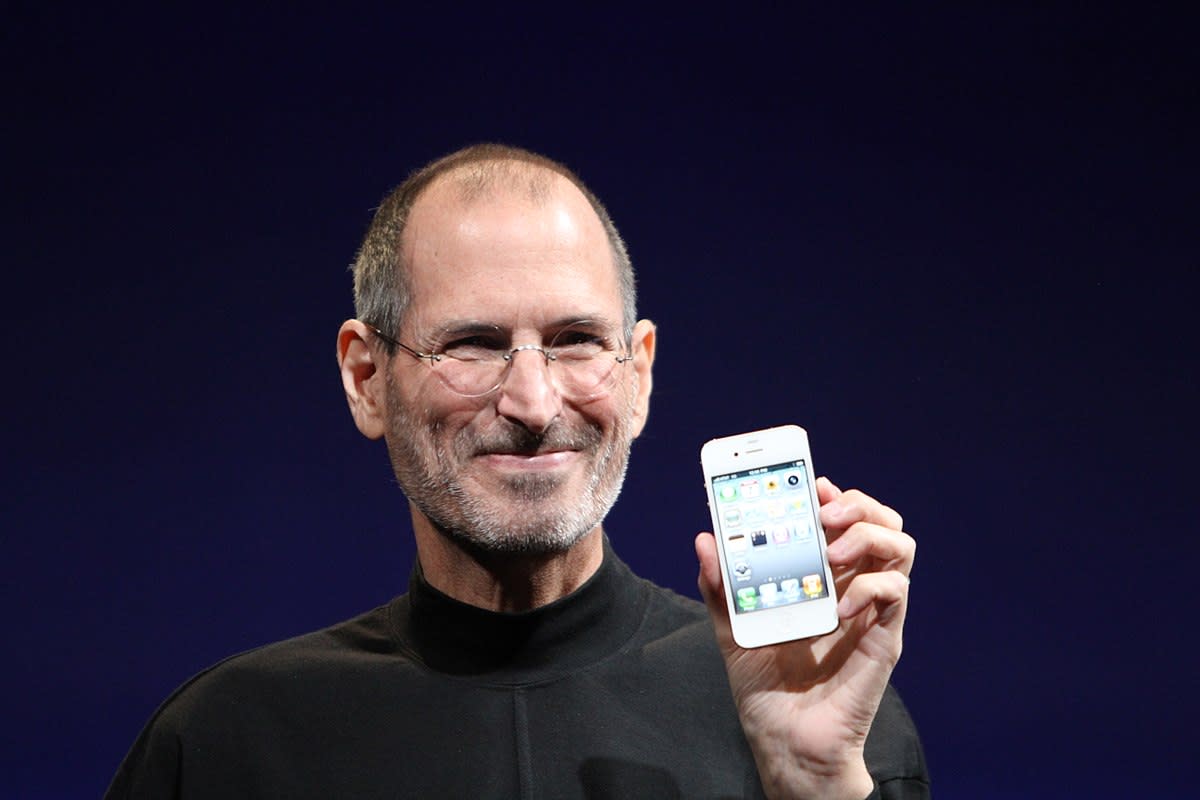Great Success Stories: The Motivation of Failure
Isn't it interesting how failure can motivate? And I mean, motivate you to come back after failure and succeed - in big and amazing ways.
It runs against the basics of our logical or intuitive thought to understand this. If you fail, you fail. Success is not failure. Failure is not success. Realistically, if you say, "I feel like a failure", it's more likely you've hit a motivational skid, that inhibits your ability to pursue success, that it is that you are merely going to pick yourself up and win the next battle.
But that is what failure should motivate you to do - pick yourself right back up and go out and succeed at your next endeavor. And the world's most successful people have done exactly that - usually more than once.
Consider Steve Jobs - the innovative intellect behind Apple, Inc. and its tremendous technology empire. But Steve Jobs wasn't just born into success and not everything he has touched has turned to gold.
Back in 1984, when it seemed that Apple would rule the home computer generation, was so far ahead of Microsoft in its software and so far ahead of IBM in its hardware, Apple made an enormous bet against Microsoft and lost. Apple was committed to the proprietary use of its software in combination with its on components and would not license either for use with third party producers.
Microsoft, on the other hand, saw licensing as its chance to get ahead. Already, IBM was finding the competition for production of PC's to be extremely fierce, and wanted to lock in the ability to have a safe and secure operating system - Windows - that would enable the mass production it desired. Microsoft was the big winner as it licensed its software for use on IBM PC's and 100% of the "clone" market of PC's that would be manufactured by HP, Compac, Sony, and eventually the new giants, like Dell, Gateway and Toshiba.
Steve Jobs was escorted to the history books by technology and investment analysts around the world. Yet Steve Jobs never gave up. He waited. And when the technology world began to change and the size of the gadgets we use began to change, Steve Jobs and Apple were ready. Through the back door, they captured the mobile market, by starting out with music. Through the iPod, Apple was able to garner the attention of the maturing generation, those of an age that had yet to marry themselves to laptops, PCs and other personal technologies. They were wireless and convenient.
This opened the door to Apple's exploitation of the handheld market in every other way too. The iPhone incorporates everything an iPod, Mac and cell phone could do separately before, and from an incredibly virus and problem free environment.
Was Steve Jobs motivated by failure? I can't say for sure, but it's likely that watching Bill Gates soar past him on the Forbes 500 list made him think very hard about how he could restore himself to earlier glory. Now Steve Jobs does not come across as an egocentric, zealot out to be first in everything, but he certainly has an incredible drive and sense of forethought.
And he's not alone. In 2009, the National Football League has become a venue for watching stories of very talented quarterbacks working very hard to regain prior glory. Brett Favre - is there anyone who isn't familiar with his story? But there's also Peyton Manning, Drew Brees and Even Tom Brady. All men who have been at the top of the league - but who found themselves watching the playoffs and Super Bowl from their own living rooms last year. My guess is that two of these four QBs will meet in the Super Bowl in 2010, and that the disappointments of last year have much to do with their success now.
So what is it about failure that motivates someone to succeed. I think there are three basic components here:
- Initial Desire - no one cares about failure unless they are trying to succeed at something . It doesn't really matter what it is, but you have to be trying to accomplish something before failure can even be defined. So the fact is there is a drive, a motivation, that has to exist even before you get to the point where you can fail.
- Fight or Flight - fear is another component, and in the sense of the fight or flight reaction we all have at some level to certain stimuli. Failure will motivate you to avoid a negative consequence you really do not want to endure.
- Adaptability - the will to win is usually not enough to bring about success on its own. You have to be able to change with your environment. In the 1980s, legendary basketball coach Bobby Knight found his slow tempo style to be incompatible with new rules and better athletes. He hit bottom in the middle of that decade and people thought his days were numbered. But he changed the style of game he coached and used a fast paced approach to defeat the run and gun style of Nevada- Las Vegas on the way to a third national championship in 1987. You must be able to adapt to come back from failure and succeed.
Desire, avoidance and adaptability - when these three pieces combine - today's failures can lead to tomorrow's great success!








